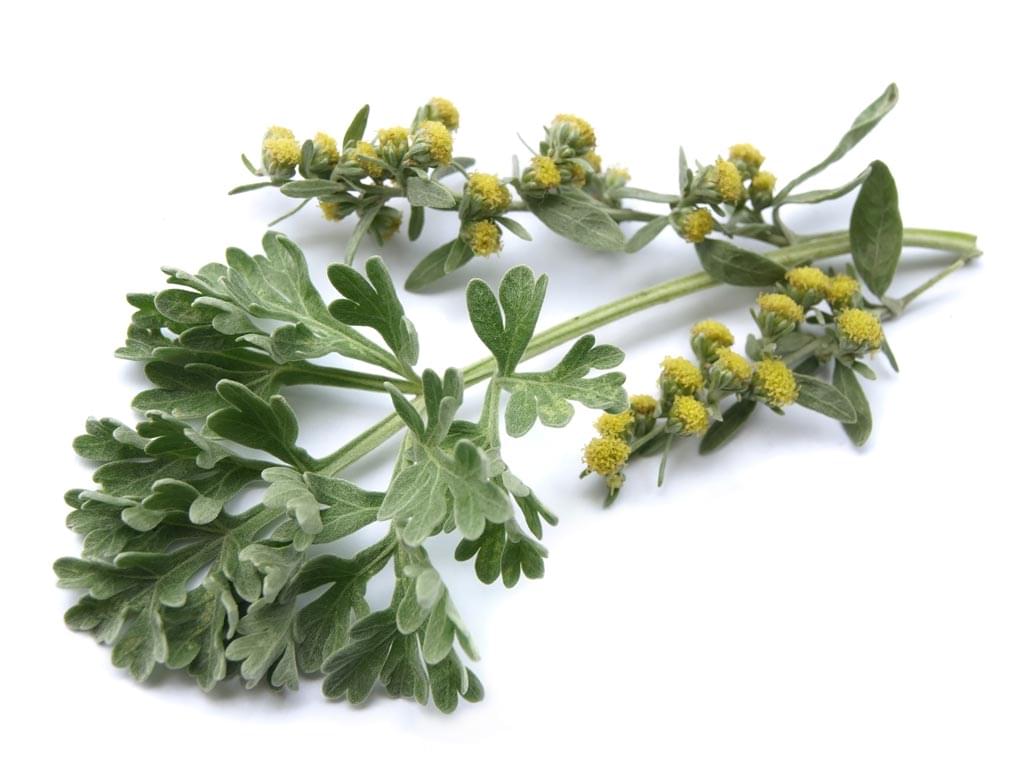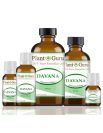Davana Essential Oils
The following properties contribute to the many health benefits of davana essential oils: vulnerary substance, relaxant, expectorant, emmenagogue, disinfectant, antiviral, antiseptic, and antidepressant. These essential oils are derived through steam distillation from the leaves and flowers of the plant. A unique robust floral scent with balsamic undertones and a medium consistency characterize davana essential oils. They have been used for centuries during religious ceremonies in India and the flowers from which these essential oils are derived have been used as an offering to Lord Shiva.
Overall Benefits of Davana Essential Oils
- Useful in relieving fatigue
- May help against cramps, pelvic pain, and nausea
- Encourage wounds to heal faster
- May be useful as a cure for influenza, the common cold, and a cough
- Have relieved menstrual pain in some individuals
- Can be helpful when used to treat depression, stress, and anxiety
- Useful as a decongestant and therefore may help with headaches and coughs associated with congestion
Uses for Davana Essential Oils
Though useful by themselves, many individuals choose to blend davana essential oils with vanilla, tangerine, sandalwood, Mandarin, cardamom, black pepper, bergamot, and Amyris. Realistically, almost all citrus essential oils go with davana as well as those that are woody and/or spicy like chamomile, coriander, caraway, cedarwood, geranium, and neroli. Occasionally these essential oils are useful in the fight against high blood pressure and have also been utilized as an insect repellent.
Precautions
The only precaution that should be considered with davana essential oils is that of its use by pregnant women. If you are pregnant, you should check with your doctor before using this essential oil. Other than this, only general usage precautions for essential oils apply to davana essential oils.


